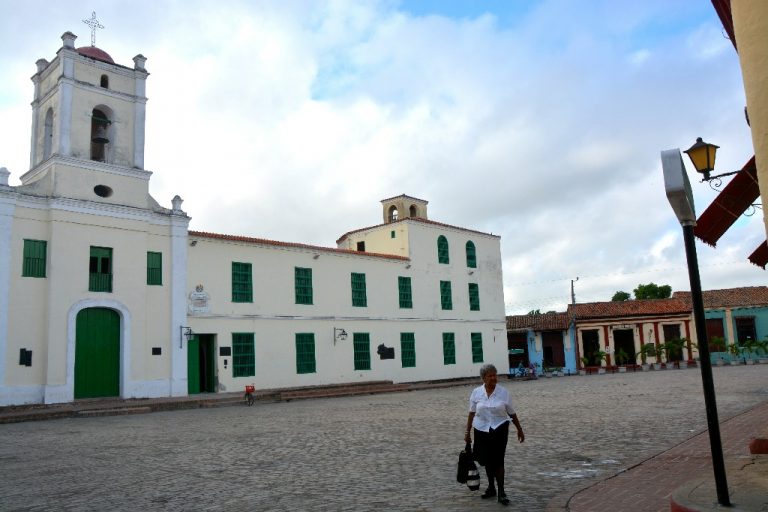Camagüey city is not only proud to have a part of its Historic Center declared World Heritage Site, the historical and cultural tradition that carries as the Cradle of Cuban Literature, leads it to complete the application to register for the call of the UNESCO Creative Cities Network, specifically in the literary field.
In this application process it is argued that “the book and literature constitute one of the main objectives to be promoted within the municipal development policy. Literary creation, production, distribution and consumption represent sources of income for the state and private sectors and for the writers themselves. ”
For this reason, a team from the Office of the Historian, together with the local government and specialists from different fields: writers, creators, self-employed workers, artists, historians, teachers, and organizations involved (Nicolás Guillén Foundation and its center of investigation, Correos de Cuba, Artex, the House of the Americas, the National Office of Tax Administration, Ministries of Finance and Prices and of Economy and Planning, UNEAC and AHS); investigated how literary development, in turn, promotes other forms of creation such as cinema, the use of new media, music and gastronomy, which accompany social gatherings, literary clubs and other events, emphasizing that their connoisseurs address various genres, including children’s literature and local history, recognized nationally and internationally.
Camagüey is a city with a historic center that, while promoting tourism, must successfully implement the strategy to maintain a permanent presence of foreign and national visitors, attracted by cultural tourism and the unquestionable heritage that the city offers.
Aspiring to the status of City of Literature will contribute to a greater cultural development of writers and the general public, it will allow to share literature with other countries and communities as a stimulus for local development, while it will enhance culture and safeguard heritage.
In this not so distant aspiration, it is the obligatory reference city, the seed and fruit of an endogenous and representative cultural process, in accordance with the objectives of the 2030 Agenda.
Translated by: Aileen Álvarez García






